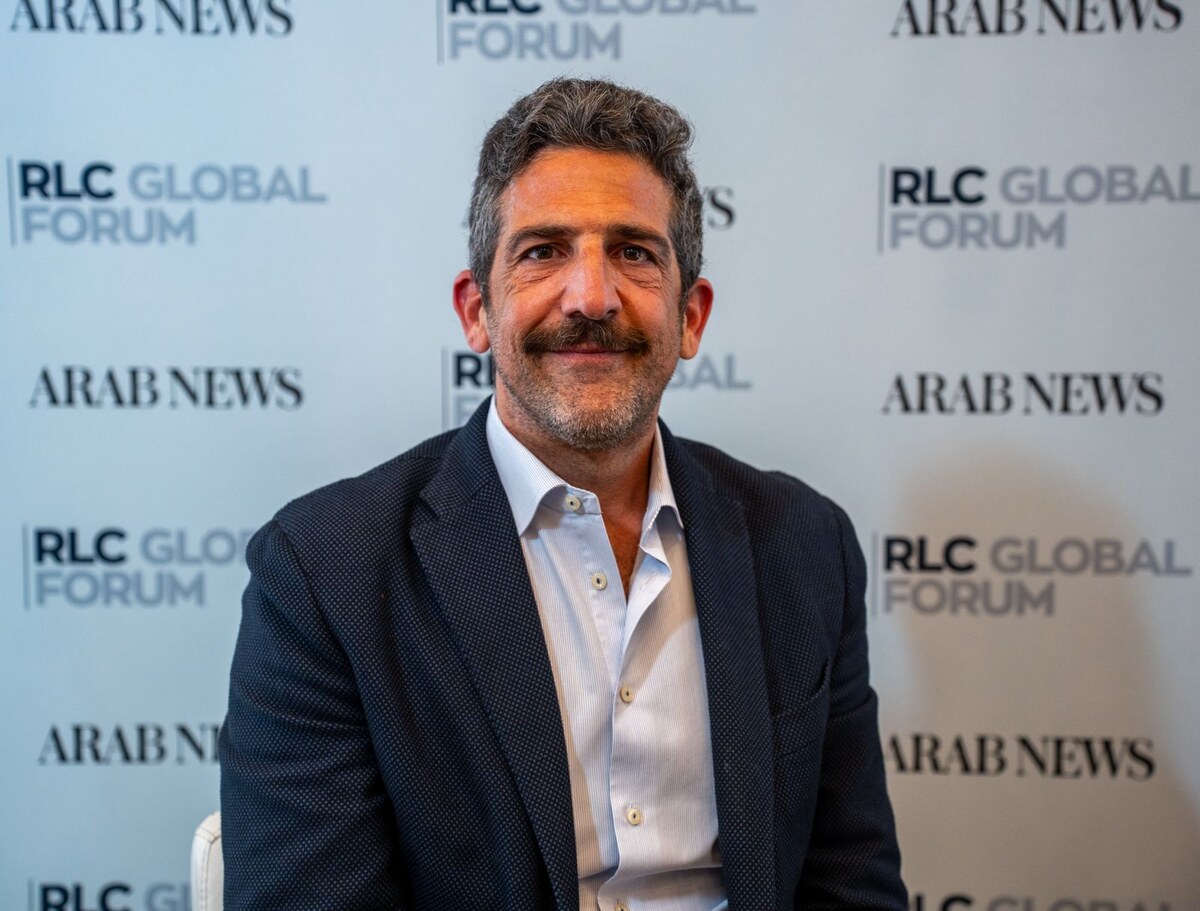MIAMI: Alex Karp, CEO of data mining and AI-assisted software firm Palantir, believes “that the world will be shaped through the embodiment of ideas and words in software platforms.
“These platforms are so levered that, in fact, they will shape our life in a way that words used to,” he said at the FII Priority Summit in Miami on Friday.
In order to succeed in today’s world, it is essential to think outside the box and outside any playbook — whether that is in finance, hardware, or any other sector, he said.
“What’s super interesting about the AI revolution is that almost none of the playbook rules make sense,” he added.
The countries adopting AI and utilizing it to its full potential are in the US and in the Middle East, Karp continued.
“In hardware, the value is having a community of people who are all very good, and in software, the value is having the one right person.”
It seems like a small difference but it is not; it is largely the reason attempts to build ecosystems like Silicon Valley have failed, “because the people building them are not software natives,” said Karp.
He continued that it is perhaps why countries like Saudi Arabia and the UAE are “embracing these technologies in a way that I wish other places in West Europe would.”
Armed with a background in social sciences and academia, 20 years ago Karp co-founded Palantir, which received early backing from CIA investment arm In-Q-Tel and does contract work for government agencies like the US Department of Defense, the Federal Bureau of Investigations and the Danish National Police.
Addressing the balance between privacy and ethics, Karp said that the company’s core intel products deal with privacy issues “by exposing authorities and only authorities to the data they’re allowed to see without seeing the other data that they’re not allowed to see.”
He said: “I’m very pro civil liberties but you have to augment both civil liberties and GDP and they’re not in contradiction.”
It is often “people who are allergic to technical issues (that) are actually the adversaries of the enlightenment, because if your enterprise doesn’t work, your country doesn’t work, and nothing can work,” said Karp.
At a time when the world is riddled with war, and these wars are happening “in very complicated electronic suppressed environments,” one cannot use old hardware anymore, said Karp.
“You have to engage in software war and almost all useful hardware things going forward will be software-enabled or controlled.”
Data ownership and privacy are even more critical amid increasing geopolitical tensions, so “your products have to work in an environment where you can understand your supply chain even as it’s disrupted” and even potentially predict disruptions, he continued.
“Treat your company and all of its latent assets as a portfolio under the condition that the portfolio will be very different tomorrow than it is today.”
Karp sees the future of AI as still undecided.
“This is a place where the innovation ramp is so great that the most important thing really is what do you do in the next 18 months.”
For the US, the testing ground for this technology is currently in the military, he added.
“What will be decided is, can America and its allies get to a point of decisive dominance and then impose regulation on the rest of the world from that perspective of dominance? That would be the best outcome,” concluded Karp.
























